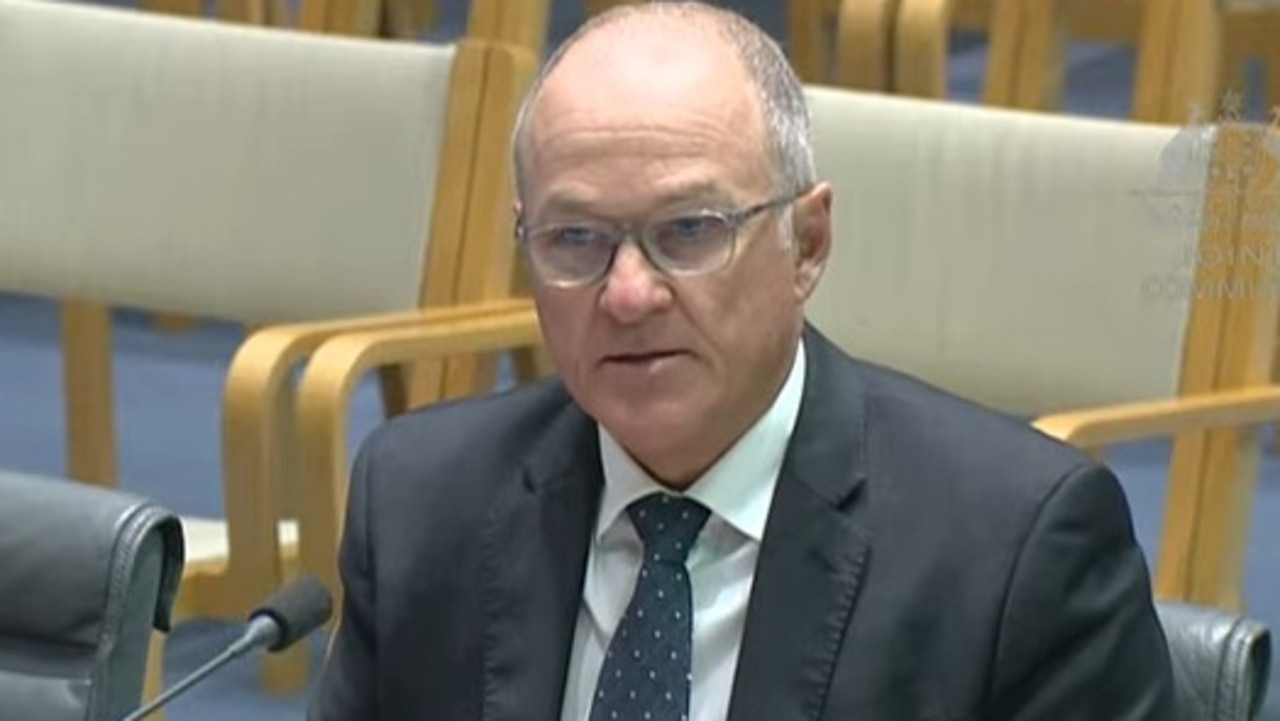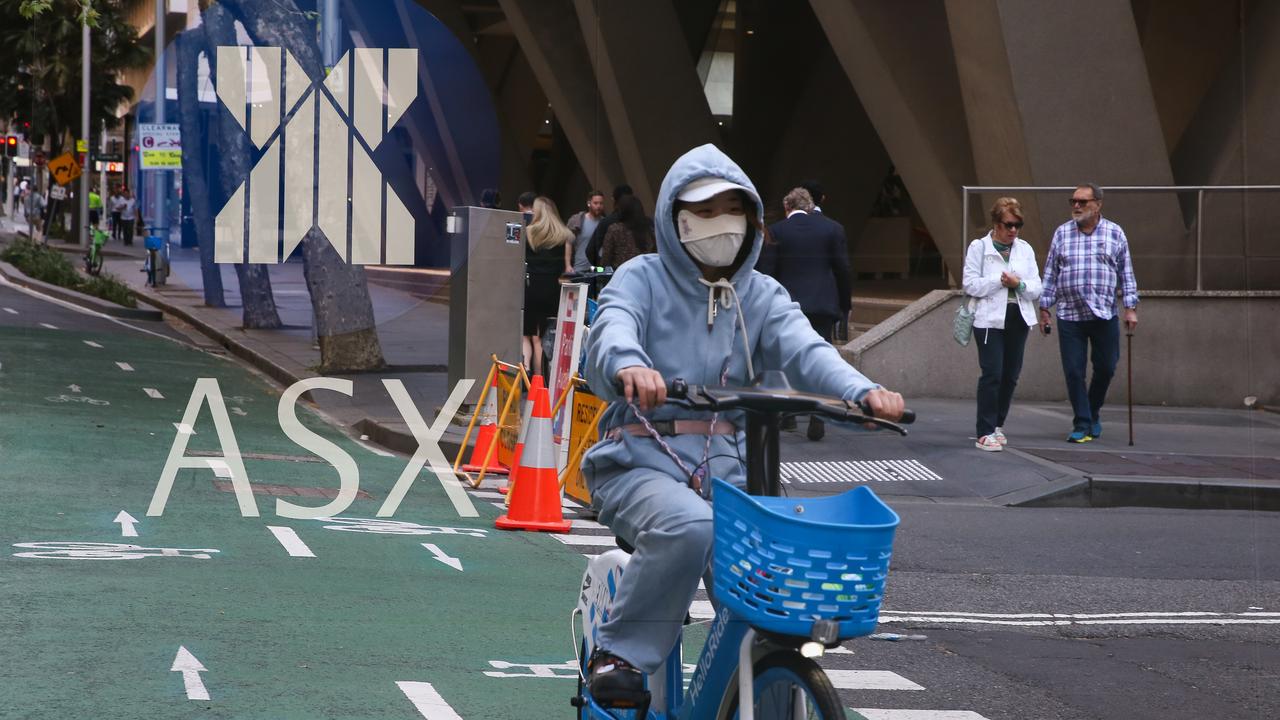Investors brace for more updates as Wesfarmers flags Omicron softness
Investors are bracing for weeks of poor trading updates as pandemic-induced restrictions and shortages cut into revenues.
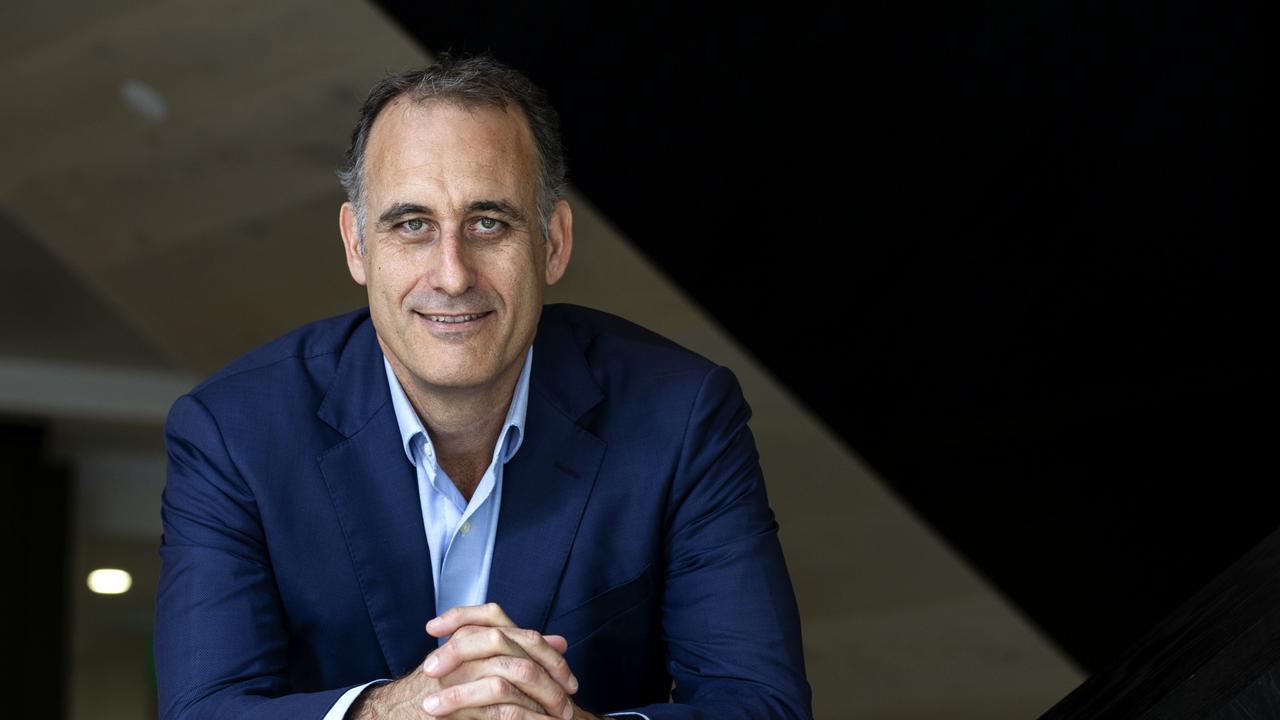
Business
Don't miss out on the headlines from Business. Followed categories will be added to My News.
Investors are bracing for weeks of poor trading updates as pandemic-induced restrictions and shortages cut into revenues, with Wesfarmers the first to warn about “significant” Covid-19 impacts.
The conglomerate, which operates the Bunnings, Kmart and Target chains, said combined sales at the latter two were down 10.3 per cent in the first half of the financial year, with a quarter of trading days “lost due to government-mandated store closures”.
“Trading conditions improved as restrictions eased during the second quarter of the 2022 financial year, but customer traffic to stores was impacted by rising community transmissions of Covid-19 in some states, particularly during the Christmas trading period,” the company said.
A high level of absenteeism related to the Covid-19 pandemic in distribution centres “impacted the ability to deliver stock to stores in line with customer demand”.
Equities analysts at Macquarie separately warned clients that the next two weeks would “be a critical period for Australian retailers”.
“Shopping mall foot traffic is below prior years. As management teams return from the summer break, we expect a higher-than-normal risk of pre-result trading updates to point toward current post-Christmas softness,” the note reads. “Companies with shorter days’ inventory have a higher chance of a negative update.”
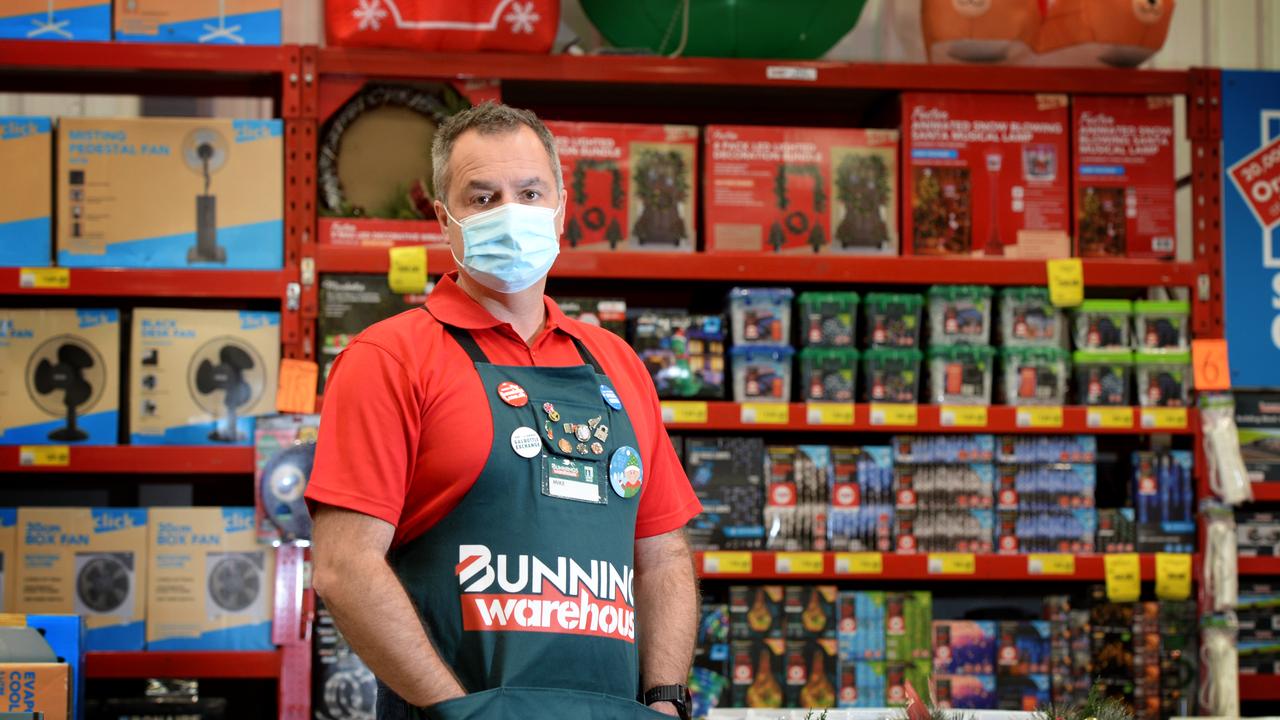
The Macquarie analysts expect Coles, Domino’s Pizza and Collins Foods – which operates the KFC, Taco Bell and Sizzler franchises – to be worst affected by current supply chain issues, while JB Hi-Fi and Harvey Norman “should be relatively better positioned” than Wesfarmers.
“We note that suppliers and retailers are calling out significant disruption to operations at present. Consumers are also avoiding high foot traffic areas, which is likely to lead to softer-than-expected January trading. We see greater pressure on high turnover, short shelf-life products,” they said.
“An easing of isolation rules and a peaking of infections should take pressure off workers in the supply chain. However, we expect at least another two weeks of disruption across retailers.”
An Australian Retailers Association survey released earlier this month found 76 per cent of retail businesses had staff who were isolating due to contact with Covid-19 or infection. A third of businesses surveyed said they had limited trading hours in some locations and 20 per cent said they had closed some stores altogether.
Across the Kmart and Target businesses, Wesfarmers is expecting earnings of between $215m and $223m for the first six months of the financial year.
“Higher costs during the half reflect commitments made to pay team members when no meaningful work was available during lockdowns, additional support to team members when required to isolate, rising international freight costs and costs associated with elevated domestic stock holdings,” Wesfarmers told the ASX.
“As a result of increasing cases of the Covid-19 Omicron variant in some states, retail trading conditions weakened in the last two weeks of the 2021 calendar year, and customer traffic to stores has remained subdued during the first half of January.”
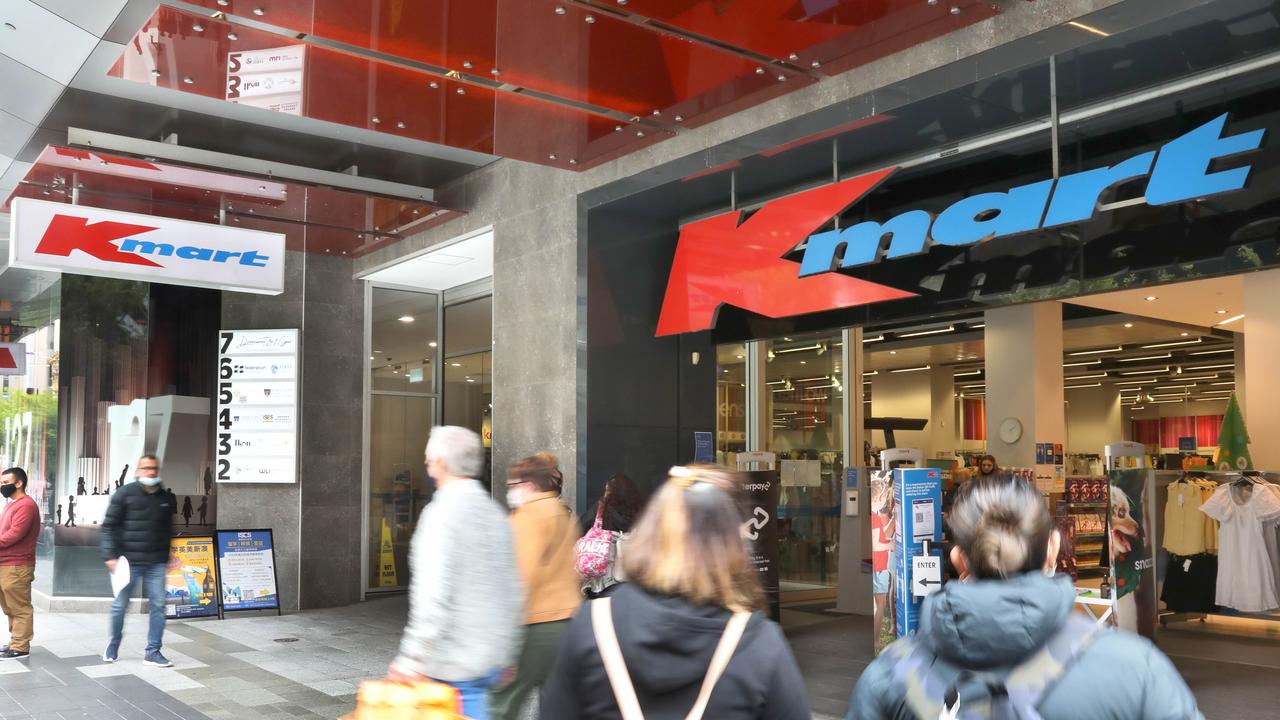
The most recent retail sales data, released last week by the Australian Bureau of Statistics, showed a surge in demand in November – rising 7.3 per cent to $33.41bn compared to estimates of around 3.6 per cent – after months of Covid-19 lockdowns in Sydney and Melbourne.
But the rise in the number of Covid-19 cases brought on by the arrival of the Omicron variant has stalled the recovery as large numbers of people are infected or classified as close contacts, forcing periods of isolation.
Analysts at RBC Capital Markets have warned economic activity will be scaled back by the surge in cases. RBC chief economist Su-Lin Ong on Monday estimated GDP would be 1 per cent lower than previously expected.
“Australians have substantially reduced their movement and activity either voluntarily to avoid Omicron or through the required isolation periods when testing positive or as a close contact,” she said.
Similarly, Jarden Australia chief economist Carlos Cacho last week said indicators such as bank card data and mobility “suggest consumer spending has moderated in the face of Omicron”. “Card spending data from ANZ shows spending falling back towards ‘lockdown-like’ levels in NSW and Victoria, while Google mobility data also shows a reduction in retail shopping,” he wrote.
Spending in Sydney and Melbourne was now near levels typical of lockdown conditions – and at some of the lowest levels since the start of the pandemic in early 2020, ANZ economists said earlier this month.
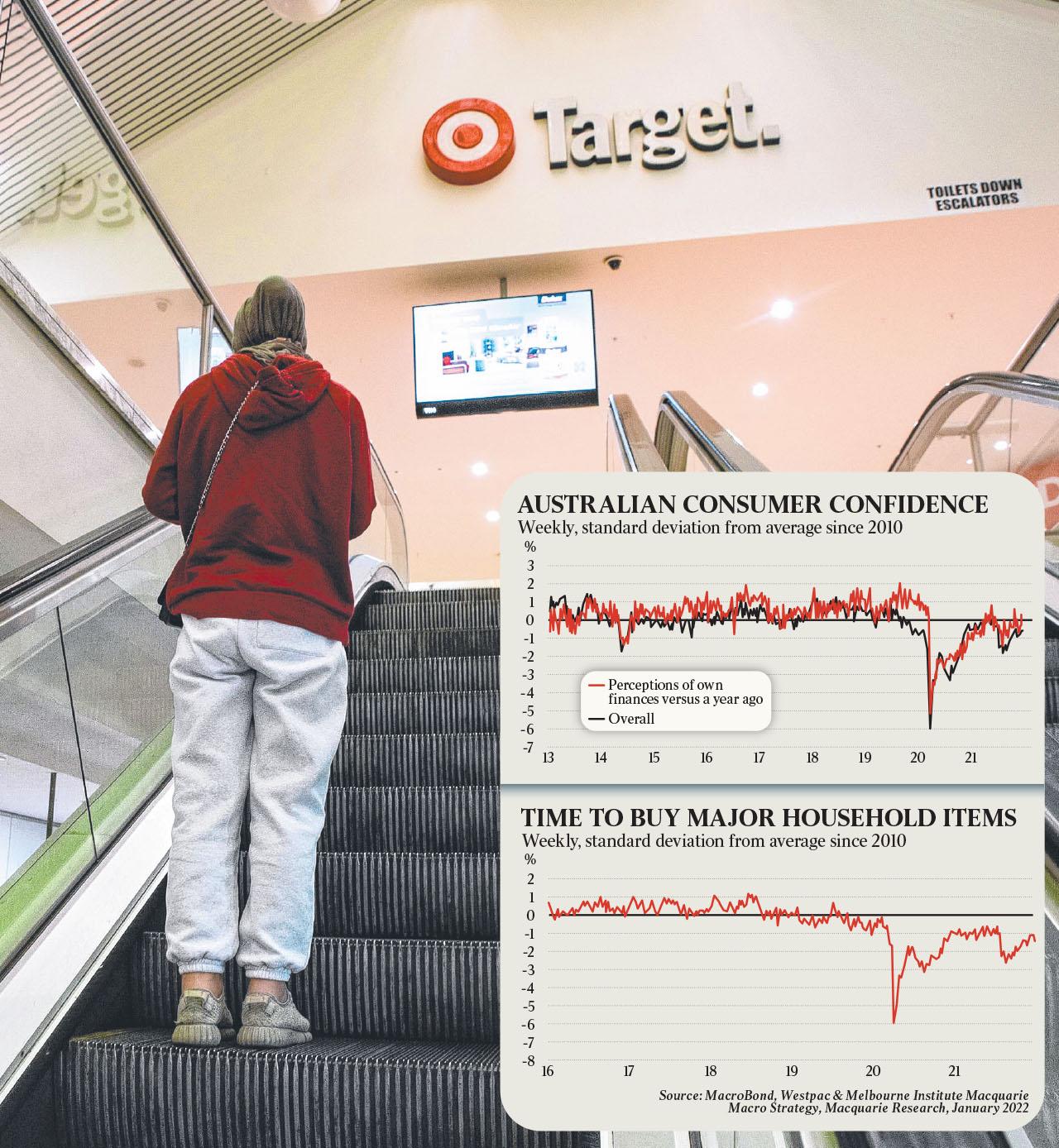
Wesfarmers told investors on Monday that despite the difficulties, its results would be supported by “pleasing results” at Bunnings, and at its chemical, energy and fertilisers business.
The company expects a first-half profit of between $1.18bn and $1.24bn, in line with market expectations. Shares rose $1.38 to close at $55.38 on Monday.
Equities analysts at Ord Minnett said Wesfarmers was a beneficiary of the retail and housing cycle, with three industry-leading retailers in Bunnings, Kmart and Officeworks.
“Following the downsizing of Target, acquisitions of Catch and Kidman, as well as a de-rating post-capital return, the share price outlook is favourable,” they said in a note to clients, while highlighting the likelihood of Bunnings beating consensus forecast on earnings.
“Our current Bunnings 1H22 EBIT (earnings before interest and taxes) growth forecast of -2 per cent (cycling growth of 37 per cent in 1H21) is likely to be conservative,” the analysts said.
“This reflects the strong demand trends as customers spend more time at home, as well as a relatively insulated supply chain from Omicron isolations as the vast majority of stock is delivered direct to store by suppliers.”
More Coverage
Originally published as Investors brace for more updates as Wesfarmers flags Omicron softness







